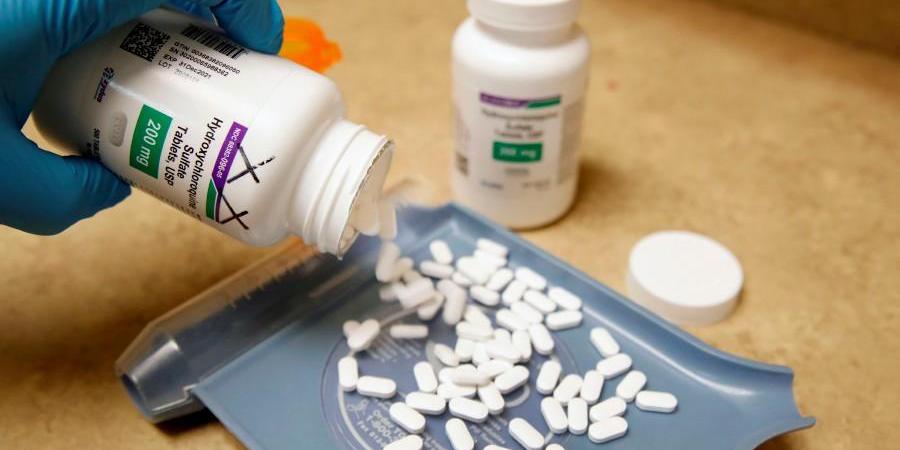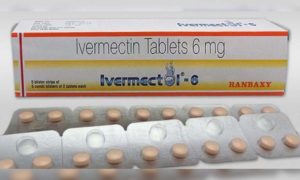Several New Studies Point to Efficacy of Hydroxychloroquine Against COVID-19


During the first six days of July, six studies that point to the efficacy of hydroxychloroquine (HCQ) against COVID-19 were published or pre-published. Major media outlets have been silent on the studies.
A Henry Ford Health System study published in the International Journal of Infectious Disease showed that, “use of hydroxychloroquine alone and in combination with azithromycin was associated with a significant reduction in-hospital mortality compared to not receiving hydroxychloroquine.”
A Portugese pre-published study showed that people taking hydroxychloroquine for other chronic conditions like lupus were less likely to contract SARS CoV-2.
A pre-print study by Dr. Vladimir Zelenko who trailblazed the HCQ and zinc treatment in New York showed that the treatment was associated with, “significantly less hospitalizations and 5 times less all-cause deaths.”
An Indian study published in the Journal of the Association of Physicians of India showed, “Treatment with HCQ had early recovery without effectively influencing the overall mortality.”
These studies contribute to the growing body of evidence showing HCQ to be effective in treating COVID-19, whether prophylactically or after diagnosis. The NIH even knew about the potential benefit of HCQ in fighting coronavirus back in 2005.
However, major media have tended to stick to the narrative that the treatment causes heart problems or is otherwise dangerous despite decades of prophylactic use in malaria prevention or against lupus and arthritis. This narrative has been based largely on a problematic VA study, which gave the treatment to patients in the highest risk category, and a retracted Lancet study.



